environment

Doomsday Clock Moves Even Closer to Midnight

Reprogramming the World: Putting a Kill Switch in GMOs
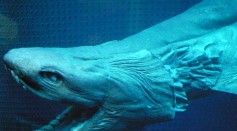
"Living Fossil" Frilled Shark Comes Up From Ocean Depths
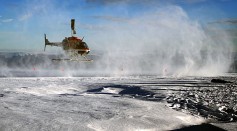
Greenland's Massive Ice Sheets Reveal New Lakes Below
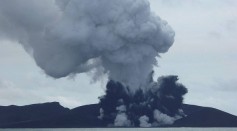
New Island Created By Volcano in Tonga
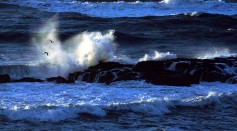
Dust on the Ocean Floor Reveals Ancient Supernova
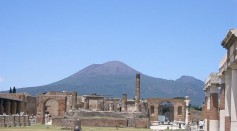
Through Time and Stone--X-Rays Help Solve 2,000 year old mystery from Mt. Vesuvius

Fertilizers Pose a Threat to the Future of Our Planet

The Pope's Forward-thinking Climate Stance Faces Conservative Opposition

Can You Really Smell When It’s About to Rain? Scientists Now Know Why
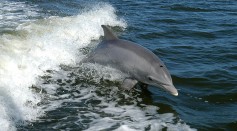
Marine Mammals Can Suffer from Irregular Heartbeats When Diving Deep

Sea Turtles Use Earth’s Magnetic Field as a GPS

2014 Is Officially the Warmest Year on Record

Don’t Believe In Climate Change? NOAA Says 2014 Brought Hottest Summer To Date
Most Popular

How Technology Is Changing the Real Estate Industry?

AI Revolution in Medical Education: Transforming How Healthcare Professionals Learn

Nikolay Karpenko Biography, Photo, Career, Accomplishments

Zombie Star Set to Light Up Night Sky: Blaze Star Could Erupt Soon






